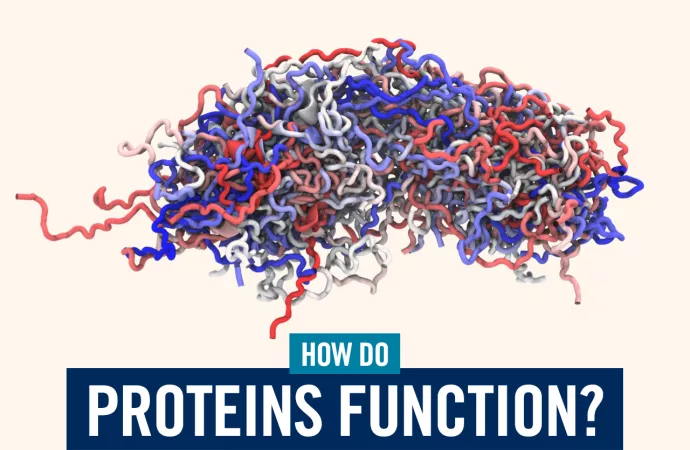
Biomolecular “machines” are found throughout our cells, and are made up of single proteins or of groups of proteins. The diversity of these protein-based biomolecular machines is reflected how they work with cells. For example, proteins on the surface of the cell control molecules going in and out of the cell, while proteins inside the nucleus control how genes are turned on and off.
Research in the Department of Chemical and Physical Sciences investigates how proteins regulate biological processes, how proteins can go rogue and cause disease, and how we can fix these rogue proteins to treat diseases.
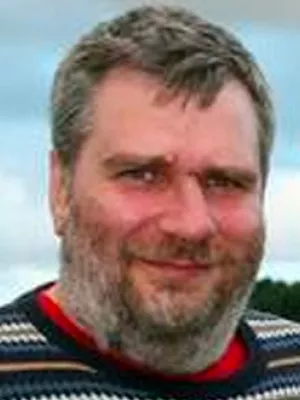
Virgis Barzda
Studies how thousands of nanomotors synchronize to produce muscle cell contraction and how collagen fibers mediate cancer cell metastases.
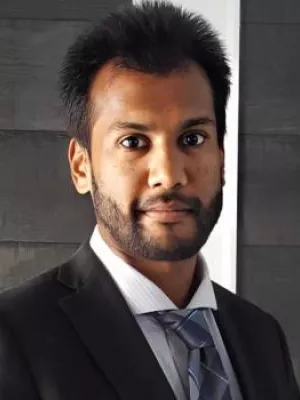
Andrew Beharry
Constructs small molecule probes to understand and treat various types of cancer.
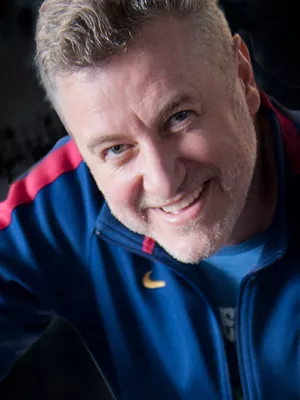
Claudiu Gradinaru
Uses single-molecule fluorescence spectroscopy to reveal conformations, interactions and dynamics of intrinsically disordered proteins and GPCR receptors.
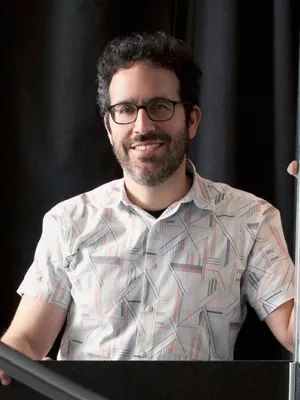
Joshua Milstein
Builds single-molecule tools to study the cellular organization and dynamics of proteins and nucleic acids.

Alana Ogata
Studies proteins using single-molecule technologies to understand their role in biomaterial formation and in disease pathology, with applications in disease diagnostics.
- Faculty Page
- Lab Website
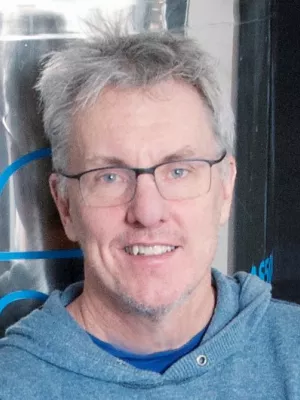
Scott Prosser
Uses NMR Spectroscopy to understand protein folding and misfolding, how enzymes function, and the dynamics of GPCR receptors.
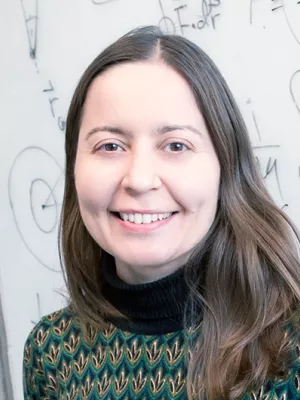
Sarah Rauscher
Applies computational biophysics to understand the atomistic structure and dynamics of intrinsically disordered proteins.
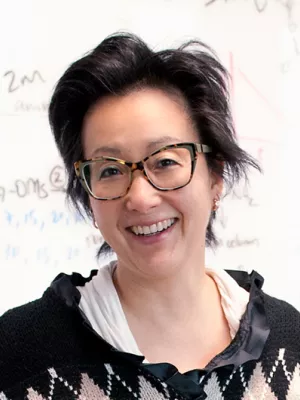
Jumi Shin
Uses rational design and directed evolution to engineer proteins with new functions, including drugs and cellular tools.
